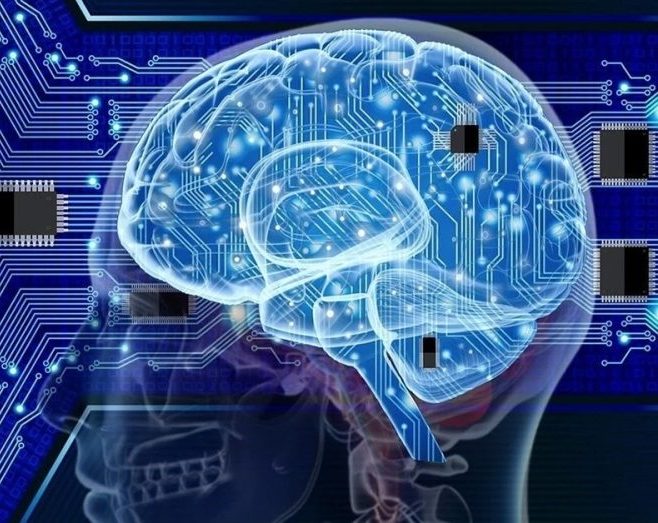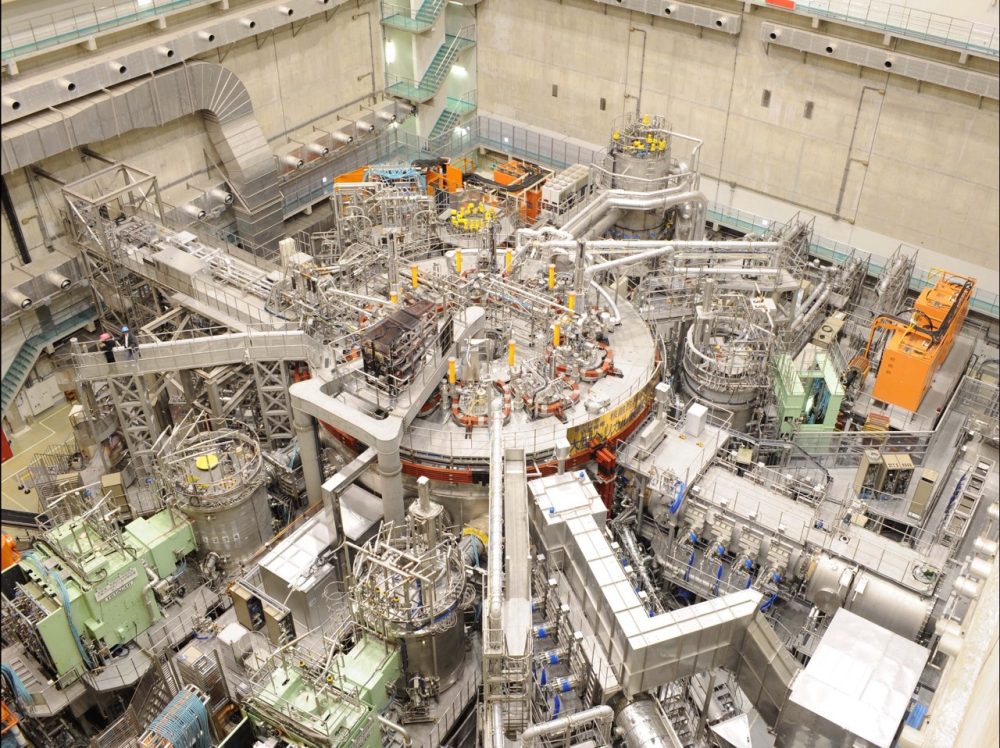AI may sound like us, but does it think like us? That question has puzzled scientists, philosophers, and the public for decades. Now, researchers from SISSA Medialab in Italy believe they’ve found a key piece of the puzzle, a switchpoint, a moment when large language models (LLMs) like ChatGPT stop merely stringing words together and begin to grasp meaning.
Published in the Journal of Statistical Mechanics: Theory and Experiment, the study borrows concepts from physics to explain how comprehension emerges in AI. Just as a magnet loses its order when heated past the Curie point, neural networks experience a “phase transition”, a sudden shift from relying on word positions in a sentence to actually processing their meaning.
This isn’t gradual. It’s an instant light-bulb moment. Below the threshold, the model sees words as positions on a chessboard. Above it, the model suddenly begins to comprehend relationships, context, and semantics. It’s the AI equivalent of Archimedes shouting “Eureka!”
AI vs. Human Thinking: The Core Divide
But does this mean AI now understands language as we do? Not quite. At its core, AI remains a probability machine, fueled by vast datasets and algorithms. Humans, on the other hand, attach meaning through lived experience, emotions, and intuition.
- AI “learns” without understanding. It predicts the next likely word but lacks an inner knowledge of what those words mean.
- AI mimics creativity. It remixes patterns from existing data. Humans create from love, pain, curiosity, and imagination, qualities that machines don’t possess.
- AI has no self-awareness. It doesn’t know that it’s writing, doesn’t reflect on its “thoughts,” and doesn’t feel the weight of existence.
The Consciousness Question
Could machines one day cross that final frontier and become conscious? Opinions differ. Some optimists point to advances in neural networks and even quantum AI as potential gateways to synthetic awareness. Others argue consciousness is inseparable from biology, making it forever out of reach for silicon and code.
Either way, one truth stands: AI isn’t here to replace us. It’s here to amplify what we do. As Apple CEO Tim Cook put it, “What all of us have to do is to make sure we are using AI in a way that is for the benefit of humanity, not to the detriment of humanity.”
Final Thought
AI can generate poetry, compose music, and even explain itself. However, it does not evoke feelings of joy, heartbreak, or awe. It cannot wonder why the stars shine or why its own existence matters. The “light bulb” may flicker inside LLMs, but the flame of consciousness remains uniquely human, for now.


